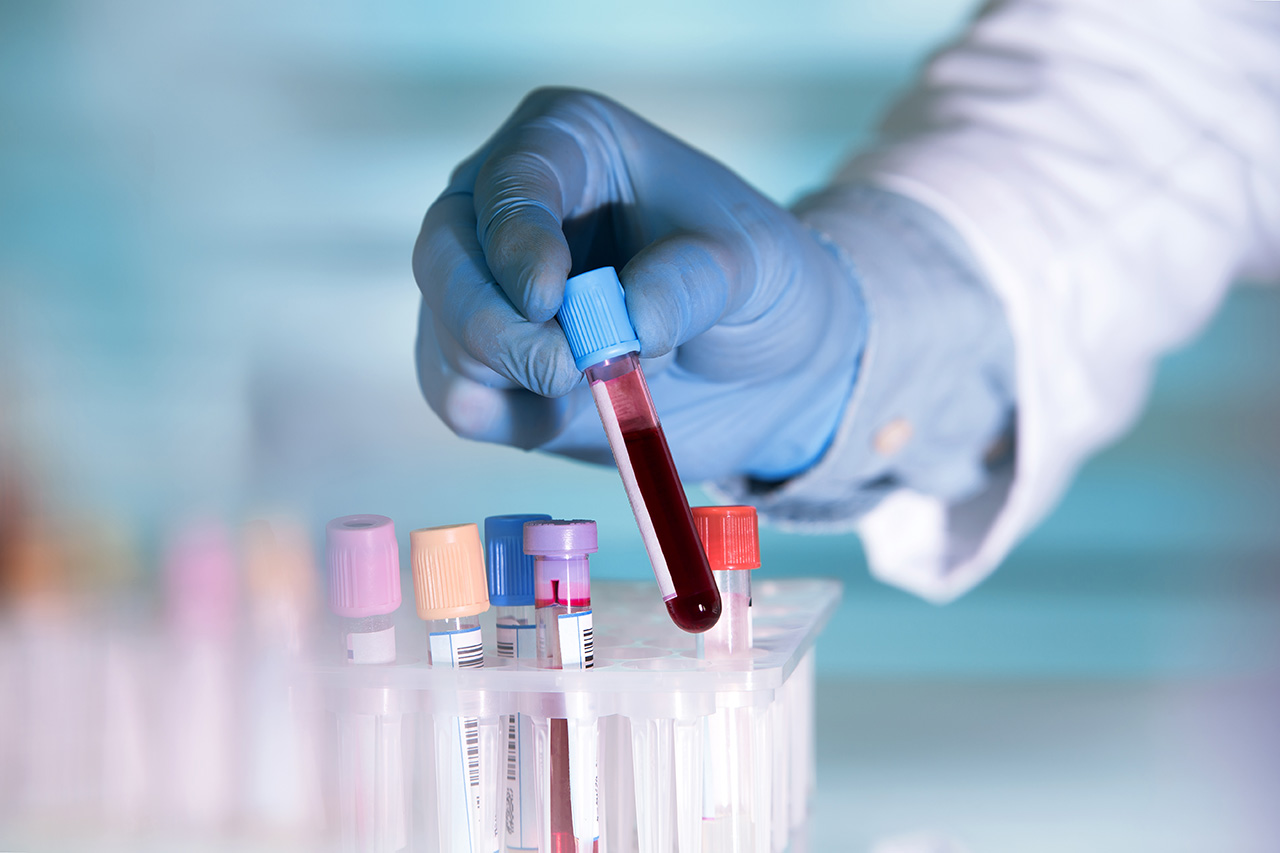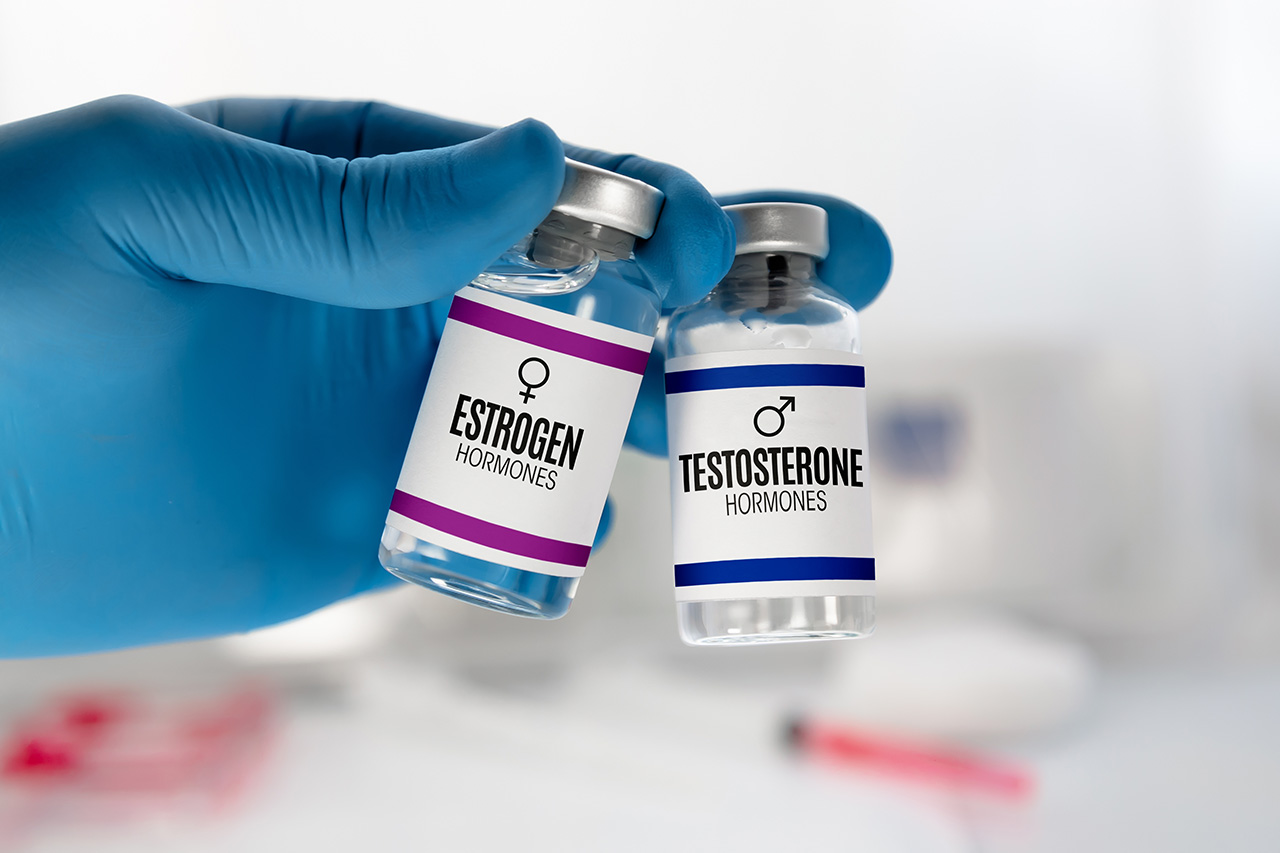We're with you every step of the way.
Register
Click “Become a Patient” to register as a new patient in our Patient Portal. Within 24 hours, you’ll receive an email to set up your Patient Portal account, where you can schedule appointments with our providers.
Please note, you must use your legal name and gender from your ID or insurance. We apologize for any discomfort caused by the medical system’s limitations. ♥
Become a PatientSchedule an Appointment
Book a new patient (AKA intake) appointment with a QMed provider. Our team is passionate about offering affirming care to transgender and nonbinary patients. Each provider is prepared to initiate your hormone therapy journey, and we look forward to meeting you!
Find out what insurance plans we accept
Schedule an AppointmentAttend Your Intake Appointment
During your first visit, we’ll assess your medical history and gender dysphoria experiences. Our aim is to determine hormone therapy suitability and ensure compatibility with existing conditions and medications. If any barriers arise, we’ll develop a plan to address them while reviewing the medication(s), side effects, and treatment risks and benefits.
The first visit usually lasts 45 min to one hour.
Meet with a Therapist (Optional)
For patients 18+, QMed employs an informed consent model, eliminating the need for a therapist visit. However, mental health support during transition remains vital for many. While transitioning can be exciting and affirming, it may also present challenges. Professional guidance from a mental health provider can be beneficial during this period.
Get Lab Tests
Before treatment, we require blood tests to assess initial hormone levels, kidney and liver function, and other crucial factors preceding hormone therapy. If you’d like to complete bloodwork before your initial visit, reach out via the patient portal to request a lab order—this could potentially expedite the start of your hormone therapy.
Many insurances cover lab costs, even some not accepted at QMed. Without insurance, labs typically cost $300-$500. If uninsured or opting not to use it, we offer lab testing for $99. Inform us before we place your Labcorp order if you’d like the $99 price. There’ll be no charge at Labcorp, with payment due during your QMed video visit. If charged more by insurance, contact us, and we may be able to retroactively apply our discount.
Begin Hormone Therapy
After completing the medical assessment and addressing any concerns, you’ll be ready for hormone therapy. 😀 We’ll send your prescription to your preferred pharmacy. If you meet the criteria for hormone therapy, we can get you started after the first visit and labs. For individuals under 18, those with complex medical conditions, or other issues, it may take a bit longer.
Follow-up Visits
After starting hormone therapy, you’ll need blood tests and a visit every 3 months to monitor your treatment for the first year. We begin with a low dose to minimize side effects and assess your response. If hormone levels and lab work are normal, we can increase your dose to find the right results for you. It usually takes 6-12 months for hormone levels to stabilize, allowing for visits every six or 12 months in long-term therapy.
Follow-up visits typically last 15-30 minutes.







